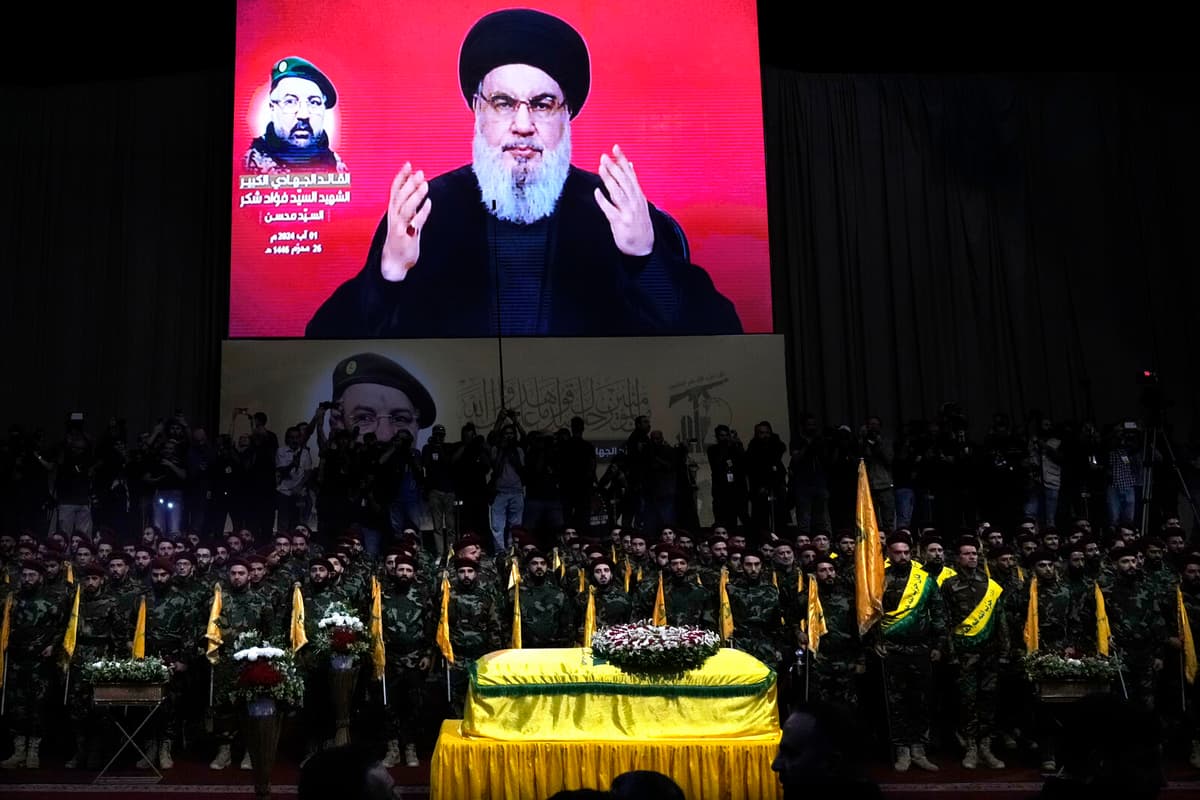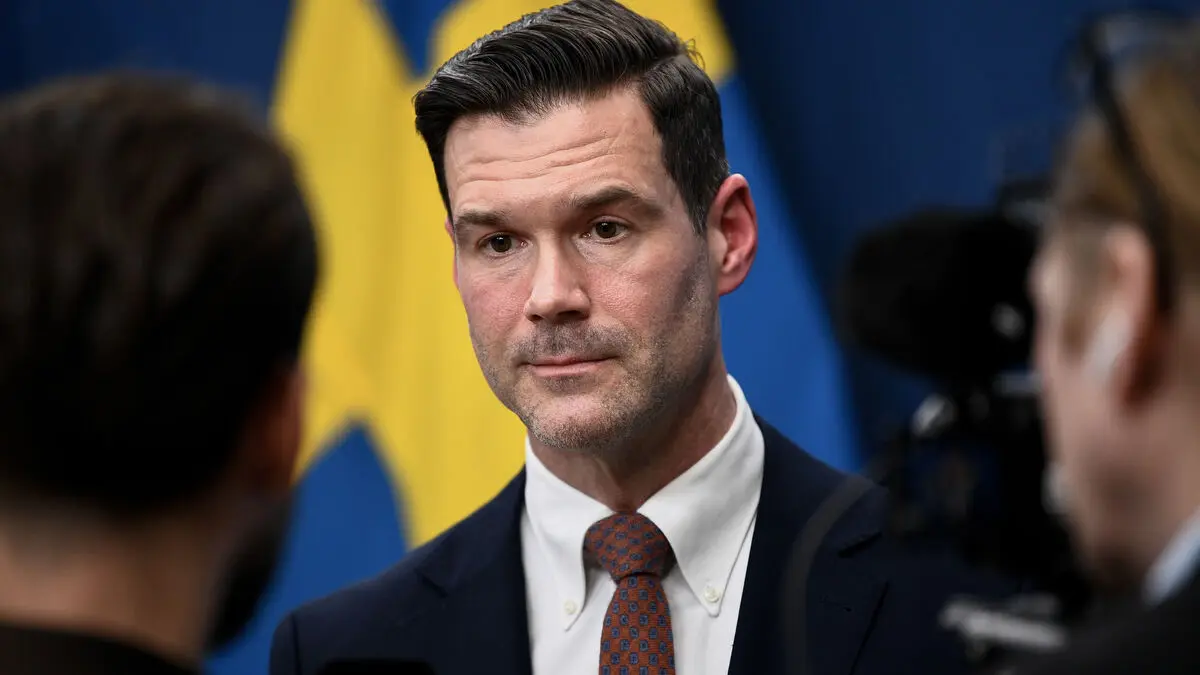Wearing his black turban, a heavily loaded symbol referring to Hassan Nasrallah being a descendant of the Muslim prophet Muhammed, he reached tens of thousands of Shia Muslims every time he spoke.
As the leader of Hezbollah, which is classified as a terrorist organization in several parts of the world, Nasrallah was under constant threat. He lived in hiding and communicated with his followers only through video messages, which often contained escalated war rhetoric and constantly polarized the audience against Israel.
Hassan Nasrallah was only 22 years old when he got a leading role in Hezbollah – the Shia militia he helped build up as a resistance movement while southern Lebanon was under Israeli occupation in the early 1980s.
Became more powerful through war
Hezbollah was founded with the help of Iran's powerful Revolutionary Guard, and the movement's very close ties with the Shia superpower have persisted since then.
In the late 1980s, Nasrallah had risen in rank. As a potential successor to Hezbollah's first leader Abbas al-Musawi, Nasrallah traveled to Iranian Qom to deepen his theological knowledge at one of the world's largest centers for higher Shia Muslim studies.
When al-Musawi was killed in an Israeli helicopter attack in 1992, Nasrallah, son of a simple vegetable vendor, was a given successor to the leadership position.
When Israel, after extensive attacks from Hezbollah, left southern Lebanon at the turn of the millennium, Nasrallah's and Hezbollah's influence grew – something that culminated when the militia six years later declared victory against Israel in the 2006 war.
Although Israel also declared itself the winner of the war, the Shia militia, with Nasrallah at the helm, achieved iconic status as the only military group that had not lost to Israel.
Unconventional power position
The political and social power grew even more as Hezbollah, with Iran's money in the back, distributed generous contributions to the affected Lebanese who had their homes destroyed by the war.
With Nasrallah as leader, Hezbollah has transformed into functioning more like a state within a state, rather than just a military movement.
The unconventional power position made Hezbollah heavily criticized by many Lebanese, who believe that the movement holds the country hostage.
According to Israel, Hassan Nasrallah was responsible for the murder of countless Israelis, both civilians and military, and terrorist acts in Israel and around the world.
With his death, a vacuum emerges, which is either believed to lead to a significantly weakened Hezbollah – and thus also a less powerful Iran – or revenge actions that draw the region into a major war.






